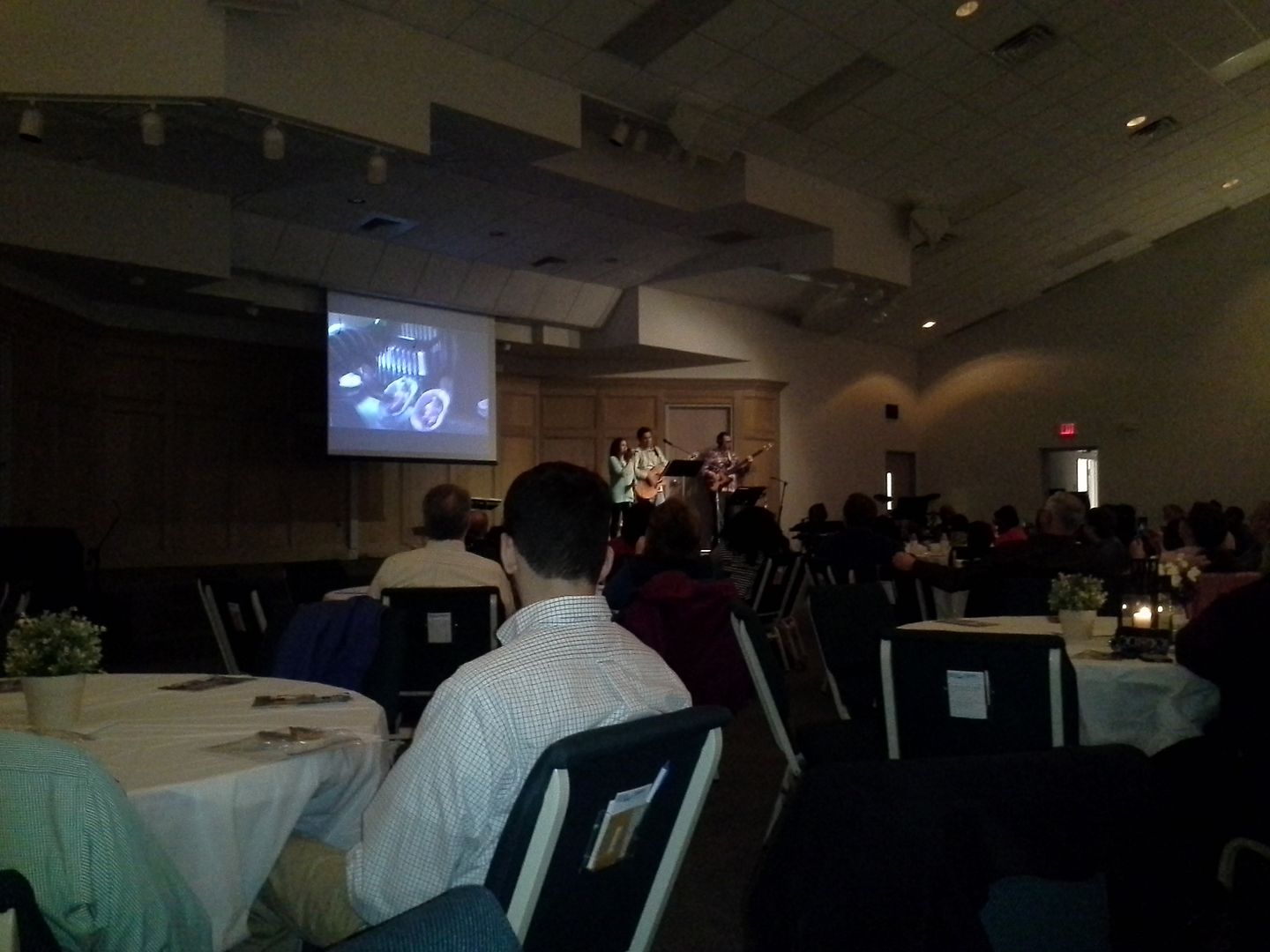It was enlightening to see the main points you brought up in testimony regarding our county’s expressed desire to convert from a fully-appointed Board of Education to a “hybrid” elected and appointed body. In reading the summary presented by Phil Davis in the Daily Times, I seized upon several arguments made against the concept and I’d like to address them here.
The first was the financial argument presented by Senator Montgomery in her line of questioning. Indeed, the county receives a large amount of money from the state for its Board of Education, in part because it’s one of those eight counties (plus Baltimore City) which has “less than 80 percent of the statewide average wealth per pupil” and also has a disproportionate share of those students who must learn English as a second language. Senator Eckardt brought up the difficult economic times the region has seen over the last several years, but that’s not necessarily the correct argument to counter this point.
Rather, one must examine the root of all government money: the taxpayer. Perhaps Senator Montgomery, being from a county chock full of those who work for the federal government, is assuming that everyone has the means and willingness to give government whatever it wants. Instead, we as concerned Wicomico County residents come from that seemingly quaint and disappearing class of people who actually demand accountability for the taxpayer dollars we provide. While the financial books may show that the majority of our school funding comes from the state, it’s worth making the point that we taxpayers are the ones providing the money. Because all state money comes from the labor and toil provided by those who pay taxes at some level, including to the federal government, it follows that we want to keep a relatively close eye on it.
As for the question of community input, it’s worth reminding Mayor Ireton, Mrs. Ashanti, and other opponents that this is not the first time the subject of an elected Board of Education has come up. It’s been a topic of discussion for decades, and the previous edition of County Council resolved to ask Annapolis for a simple straw ballot to determine interest in further legislation only to be thwarted by opponents who charged that the system as proposed did not properly address the concerns of the minority community. To me, that’s a tacit admission that the community interest was there but as proposed an elected Board of Education did not meet with the political desires of the opponents, who generally subscribed to the philosophy of the party holding the governor’s office at the time.
And elections do matter. While the main issues of last fall’s election were the sentiment that the state and local economy was not improving at a satisfactory pace, and that government overall was not being careful with the increasing amount of money they were taking out of our pockets, there was an underlying sentiment that our educational system also needed improvement and accountability. Thus, two key opponents of an elected Board of Education were voted out of office and two proponents were voted in.
Yet the new county government listened to one key demand of the opponents and compromised. Personally, I was not happy that the fully-elected Board of Education was replaced by a version with two appointed members and five elected – our version of a “hybrid” model counties who have recently shifted from a fully appointed board have used – but I understand the politics behind the move, and that time was of the essence to bring the proposal before the current session of the General Assembly. Yet my suspicion is that the opponents know what the public input will be, and that’s a resounding approval of this proposal when placed before the voters.
Next is the interesting point brought up by Mr. Johnson of the WCEA regarding the County Executive’s influence on the board and the school’s budget. It’s interesting because he’s fretting over two members of a seven-member board, members who will have no greater voting power than any other member. If the two members appointed by the County Executive disagree with the position of the other five elected members, their opposition will simply amount to the losing end of a 5-2 vote if they can’t convince the other members to adopt their viewpoint.
But I want to conclude with the sentiment expressed by Mayor Ireton and Mrs. Ashanti that, “it was a select few who made the call for an elected school board.” My argument is that it’s a select few who participate in the process now.
For eight years I was a voting member of the Wicomico County Republican Central Committee. As such, one of our tasks was to assist in the appointment of the three Republican members of the Board of Education (at the time; with the election of Governor Hogan the GOP ranks were allowed to expand to four.) Presumably the Democratic Central Committee does the same with their appointees, although I confess that I have a lack of knowledge about their process as I can speak to ours.
Yet despite our vetting of candidates, more often than not the appointee would be determined by the input of others who had interests that were more political in nature. The final say actually comes down to one person: the state’s Secretary of Appointments, who in turn is appointed by the governor. In the case of the most recent previous governor, he was elected despite our county’s support for his opponent. Where was our public input then?
Over the last two weeks, the Republican Central Committee dutifully interviewed prospective members and submitted names to the Secretary of Appointments to fill two vacancies on the Wicomico County Board of Education. We submitted the names of all those who interviewed, expressing only our order of preference, in a process agreed on by the Central Committee.
But because some members of the body aspired to be on the Board of Education and another was absent from the final meeting, it was a bare quorum of five members who decided the order of preference. Five people submitted names to one person to make this decision, and yet this is considered superior to a process where thousands of people would be able to decide those they would like to place in charge of millions of taxpayer dollars?
In November, we elected a County Council and County Executive who will be charged with an annual operating budget of roughly $130 million. Yet the appointed Board of Education is submitting an overall budget for FY2016 in excess of $190 million, of which they are asking the county for $39 million. Once again, let me reiterate that a small group of perhaps fewer than two dozen people at the local and state level had input on who was chosen to oversee that Board of Education budget, a budget nearly 50 percent larger than the county’s operating budget as a whole.
When it comes to maximizing accountability and local control, the verdict is simple: an elected school board – even in this “hybrid” form – is the proper way to proceed. Opponents who wish to maintain the status quo are hiding behind a series of smokescreens to obscure their real issue: the loss of their political influence over who gets to operate Wicomico County’s school system.






 As a single release, you would think that Liz Graham’s song Damaged would get a brief review, and it will.
As a single release, you would think that Liz Graham’s song Damaged would get a brief review, and it will.